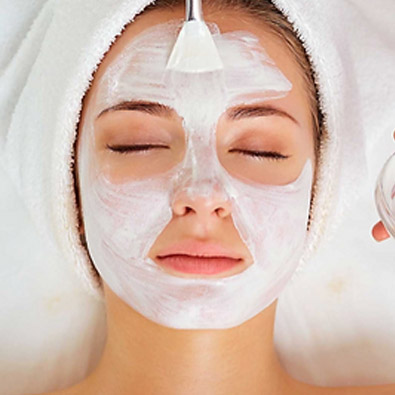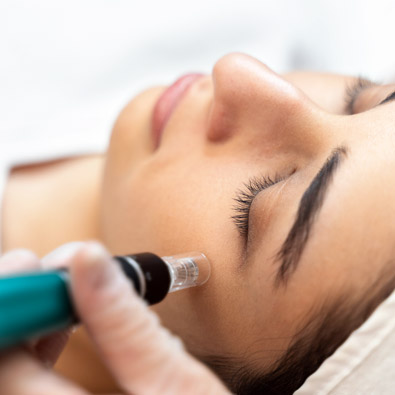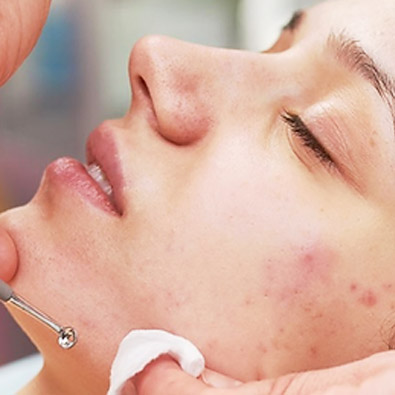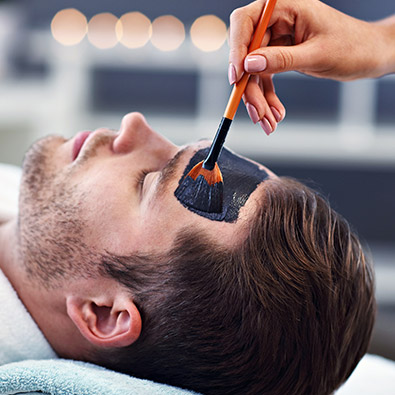We face the world each day with our faces — and run the spectrum of caring for our skin, from splashing water on our mug to a full moisturizing and makeup routine. Even those blessed with the best genes should properly cleanse their face to ensure healthy, glowing longevity. These are some great tips to do precisely that!
Washing your face is a no-brainer, right? Well, not exactly. A 2017 survey by the skin-care brand CeraVe found that 80 percent of Americans make at least one or more common mistakes when cleansing their face — for example, more than half of us neglect to cleanse before bedtime.
There are plenty of benefits to washing right, says Joshua Zeichner, MD, the director of cosmetic and clinical research in the dermatology department at Mount Sinai Hospital in New York City. Removing grime and debris can help prevent acne breakouts. Ridding your skin of pollution buildup “minimizes free radical damage caused by particulate matter in the air, which is associated with premature aging,” he adds. What’s more, washing your face is key to removing dead cells that build up on skin and contribute to dullness — slough these off and you expose healthier, more radiant skin.
That said, it’s possible to be too enthusiastic about face-washing. “Overwashing and overscrubbing may leave you with a squeaky-clean feeling, but this actually is damaging,” says Dr. Zeichner. “When you’re washing your skin, you want to remove excess oil, dirt, pollution, and makeup without compromising the integrity of the skin barrier itself.” (The skin barrier is the network of skin cells and fats in the outer skin layer that protects your skin from the environment, he explains.)
A just-right washing routine is important for everyone, but especially those who have eczema and rosacea. “In these conditions, the skin barrier is naturally weakened, increasing the risk of inflammation,” says Zeichner. A gentle touch is needed so you don’t cause more irritation than is already there.
Read on to discover the dos and don’ts of proper face washing according to dermatologists, and watch your skin glow.
1 Do Choose the Right Cleanser for You
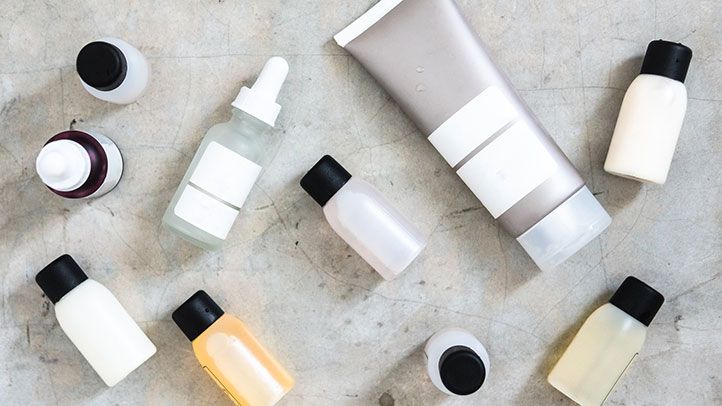
The right cleanser for you might be different from what your best friend is using, says Zeichner. “If you have dry or sensitive skin, stick to hydrating, nonfoaming cleansers, because the lathering agents used in foaming cleansers tend to be more drying on the skin,” he explains. Cetaphil Gentle Skin Cleanser (Target.com) is a dermatologist favorite.
If you have oily or acne-prone skin, a foaming or salicylic acid–based cleanser may be best for you. “Foaming cleansers are better suited for people with oily skin who need a deeper clean, and salicylic acid is a beta hydroxy acid that helps effectively remove oil from the skin,” he says. CeraVe Renewing Salicylic Acid Cleanser (Target.com) is one well-reviewed option.
There are also many different cleanser formulas that live somewhere in the middle, adds Zeichner. “From milks to oils, balms to waters, each cleanser gives a different sensorial experience to match your personal preferences,” he says. Whichever product you choose, beware of overwashing: If your face develops redness, peeling, or flaking, or feels tight or itchy, you might be overscrubbing your skin, Zeichner warns.
2 Don’t Rinse Your Face With Hot Water
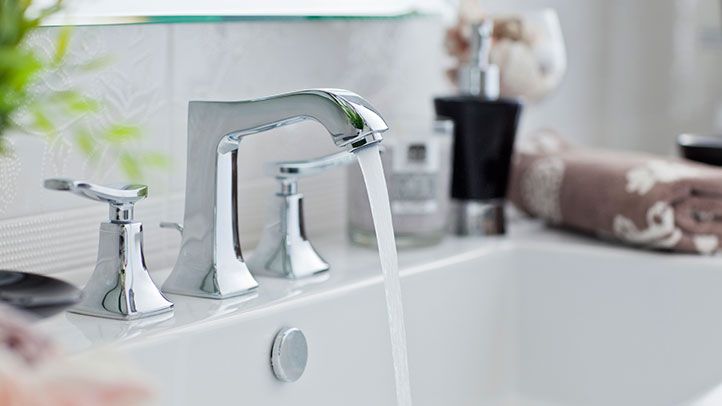
“Washing your face with hot water can suck the moisture out of your skin, leaving it dry and possibly irritated,” says Dendy Engelman, MD, a board-certified cosmetic dermatologist and Mohs surgeon with Shafer Clinic in New York City.
Zeichner recommends using cool or lukewarm water to remove your cleanser. “Hot water can lead to facial flushing and a flare, especially if you have sensitive skin or rosacea,” he adds.
Dr. Engelman goes one step further, recommending cold water. It’s suitable for all skin types and can tighten the skin by stimulating blood flow and improving circulation, she says. “For acne-prone skin, cold water regulates sebum [or skin oil] production, which can in turn minimize pore size and prevent breakouts. Those with sensitive skin also benefit from washing their face with cold water because hot water will dry out your skin by stripping the oil levels needed to retain moisture.”
3 Do Wash Your Face Twice a Day

Zeichner typically recommends washing your face twice per day, in the morning and before bedtime. But going to bed with clean skin is a must. “If you’re going to wash only once, my recommendation is to wash in the evening to remove everything that has accumulated during the day so you sleep with a clean face on your pillow,” he says. And don’t forget to clean up after a sweaty workout. “If you work out, do your best to wash afterward as well,” he adds.
4 Don’t Assume You Need to Use Toner or Astringent
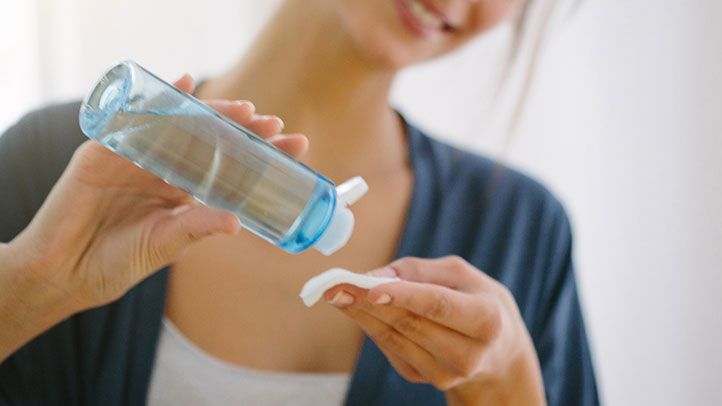
Cleansers today are much more effective than they were in the past, so toner or astringent is not always necessary to fully remove dirt and oil, says Zeichner. “I typically recommend a toner or astringent only if you feel your cleanser is not doing the job by itself,” he says. If you do choose to use a toner, Zeichner recommends Neutrogena Pore Refining toner (Neutrogena.com) with alpha hydroxy acids to help remove oil and minimize the appearance of pores.
5 Do Use a Dedicated Makeup Remover
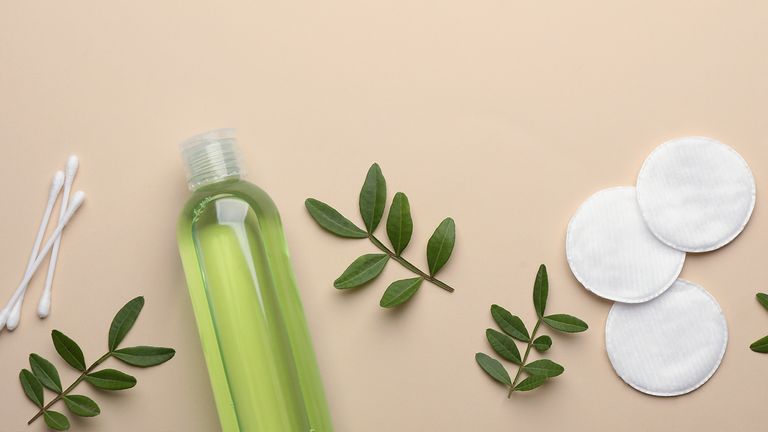
It’s important to fully remove makeup before you go to bed. “This can minimize the risk of developing skin irritation from the makeup itself,” says Zeichner.
If you wear light makeup, your regular face cleanser may be enough to remove it, he says. But you can also use an oil-based cleanser or micellar water to take off makeup. Micellar water contains micelle molecules that bind to both water and oil to effectively wash away dirt and makeup, according to the skin-care company Nivea. This is best used for heavy makeup, such as what you’d wear to a wedding or other special event. (Pro tip: It’s also effective for removing any costume makeup, such as what you’d wear for Halloween.)
For the eye area, Zeichner recommends a vegetable oil–based cleanser, such as Dermalogica Precleanse (Dermalogica.com), or eye-makeup remover. These oil-based products liquefy stubborn liner and makeup without rubbing or tugging on the delicate skin around the eyes. Optionally, you can follow this up with a second cleanse using a conventional water-based cleanser (but more on that later).
With your mascara down the drain, your cleanser can really do its job on the rest of your face. Yet Zeichner warns his patients to remove eye makeup cautiously. One way to do so gently is by patting the eye area vertically instead of rubbing. “Too much pressure or rubbing in the delicate area can lead to low-grade inflammation, which translates to hyperpigmentation over time,” he says.
6 Don’t Rub Your Skin the Wrong Way
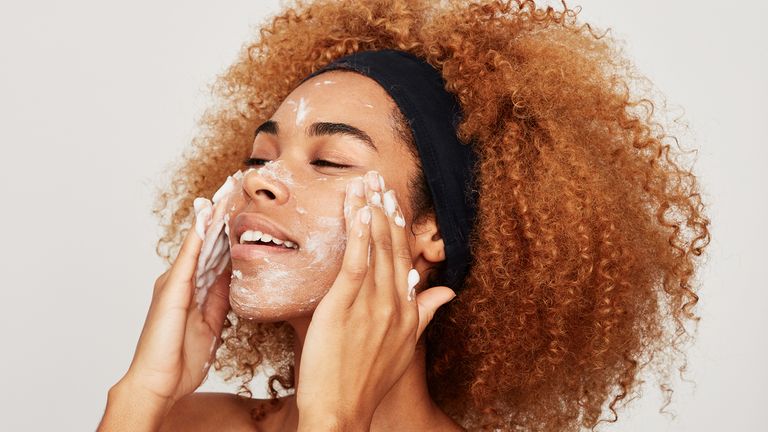
For a gentle but thorough cleansing, your best tools are at your fingertips — in fact, they are your fingertips. Not only are they gentler and less likely to irritate your skin than washcloths or sponges, per the American Academy of Dermatology Association (AAD), but it’s a great opportunity to practice self-care by giving yourself a light facial massage.
For an extra-deep clean, sonic cleansing can more effectively remove water from the skin, says Zeichner. “In fact, compared with manual cleansing, sonic-assisted cleansing more effectively removes particulate matter pollution from the skin,” he adds. For basic cleansing, Zeichner recommends any of the Clarisonic brushes (CurrentBody.com).
7 Do Use a Clean Towel That’s Only for Your Face
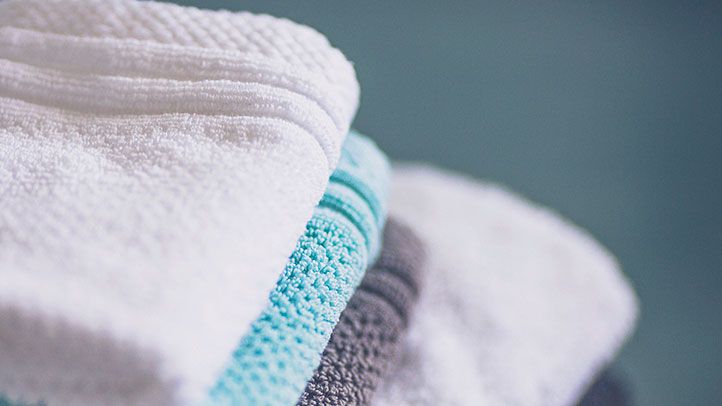
Cleansing involves more than just your face! Wash your hands thoroughly before you begin washing your face, says Zeichner. And resist the urge to dry your face with the family hand towel that’s been hanging over the rack for several days. Bacteria can breed on the towel and be transferred to your clean, dewy face. Use a soft, clean cloth that you use only on your face, he suggests. Gently pat your skin dry with a towel, and avoid rubbing or tugging on your skin. (Or consider air-drying, especially if you have sensitive, acne-prone, or dry skin, suggests the beauty company L’Oréal Paris.)
8 Don’t Skip Moisturizer After Cleansing
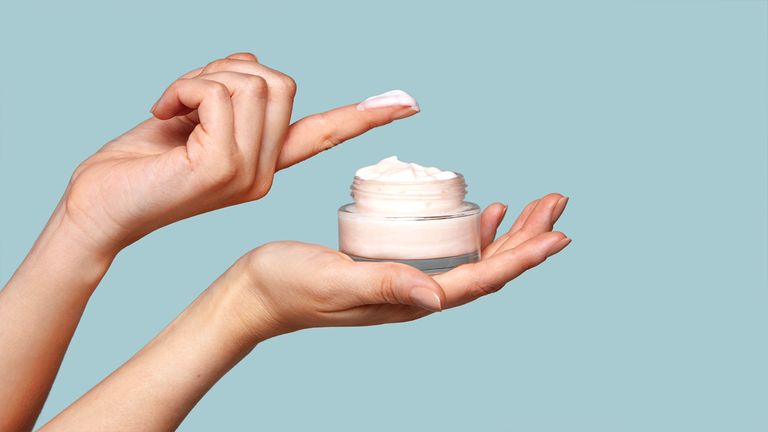
While you do want to give your face a good cleaning, you don’t want to overly strip the skin of essential oils or cause dryness, notes Zeichner. After washing, he recommends locking in hydration with a light moisturizer. “My favorite is the Water Cream by Tatcha, which offers effective hydration but feels extremely light on the skin,” he notes.
If you’re using acne medication or an anti-aging product like retinol, Zeichner recommends applying that product after you put on your moisturizer, since the moisturizer acts as a buffer to help minimize potential irritation.
9 Do Double Cleanse (but Keep It Brief)
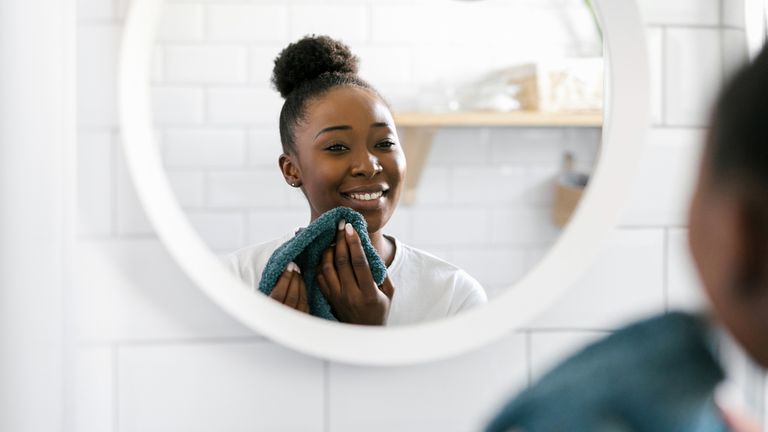
Dr. Engelman suggests double cleansing — that is, washing your face and then immediately repeating — especially if you have dry or acne-prone skin. “Double cleansing is a gentle way to help ensure that you have thoroughly removed all makeup, dirt and impurities from your skin, without stripping or irritating the skin barrier,” she says. She recommends starting with a nourishing cleansing oil, like Elizabeth Arden’s Ceramide Replenishing Cleansing Oil (ElizabethArden.com), rinsing, and then washing again with your regular face wash.
But face-washing sessions should last no longer than two minutes, she adds, as too much scrubbing, rinsing, and cleansing may disrupt healthy sebum production and dry out your skin, causing irritation or inflammation. “Anywhere from 30 seconds to two minutes is optimal washing time.” And if you do have dry skin, ensure you’re using a gentle cleanser to avoid stripping your skin of necessary oils.
10 Don’t Exfoliate Every Day
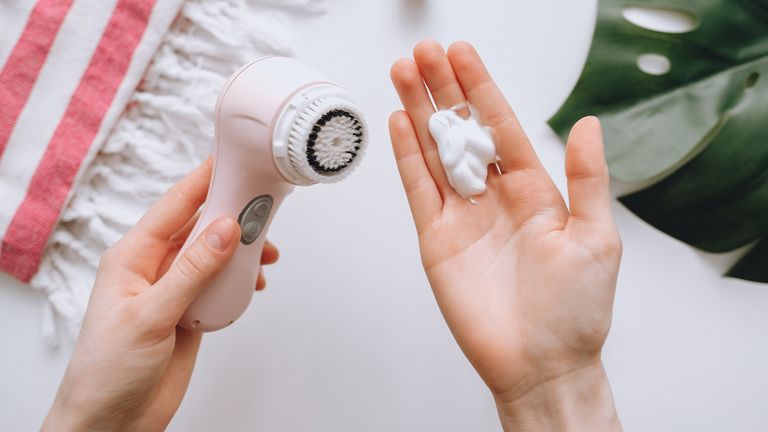
Exfoliation is a key part of any healthy face-washing regimen — but it’s possible to overdo it, warns Engelman. “Exfoliating too often can strip oil levels from your skin and create unwarranted sensitivity,” she explains. “When our skin is under constant stress like this, it can actually cause the opposite desired effect and lead to inflammation, wrinkles, and accelerated aging.”
And while facial cleansing brushes are great to stimulate blood flow to the skin and give an extra-deep clean, she cautions that it’s best to limit their use to once or twice a week: “Using facial cleansing brushes too often will over-exfoliate the skin and can cause irritation [and] redness, and even damage the skin barrier.”
An optimal exfoliation frequency depends on your skin type and whether you’re using an exfoliating tool or a chemical exfoliator. Talk to your dermatologist to figure out how often you should be exfoliating.
Additional reporting by Jennifer D’Angelo Friedman, Jessica Migala, and Leah Groth.
Another fabulous way to care for your face is through treatments from professionals! The experts at Skyn Esthetics will curate a personalized plan to help you achieve your best, natural, glorious beauty. Get in touch with us by conveniently booking an appointment here, and find out more at SkynEsthetics.


















